Everything has its own benchmark for measurement. For example, to see if there is pollution in an area, we use AQI – Air Quality Index, or to evaluate a department’s performance throughout a period of time, companies and organization boards use KPI – Key Performance Indicator. Cars also have indicators to debate and compare to each other. We usually use torque in cars for this case. But what is torque in cars? How does torque work? Why do we use it and is it useful? We will find the answers in this post as well as other useful information.
Contents
What Does Torque Mean?
Because torque is not usually given in ads and used frequently in daily life, we will ask “what is torque in cars?” What does torque mean? To define it simply, torque represents the “turning power” of a car, the engine’s rotational force, it’s the same force needed when you turn a wrench. In terms of engines, it measures how much “turning power” is available at the crankshaft at any given engine revolutions per minute (RPM). It’s quantified by the units pound-feet (lb ft) and newton-meters (N m). The more torque an engine has, the greater its ability to work.
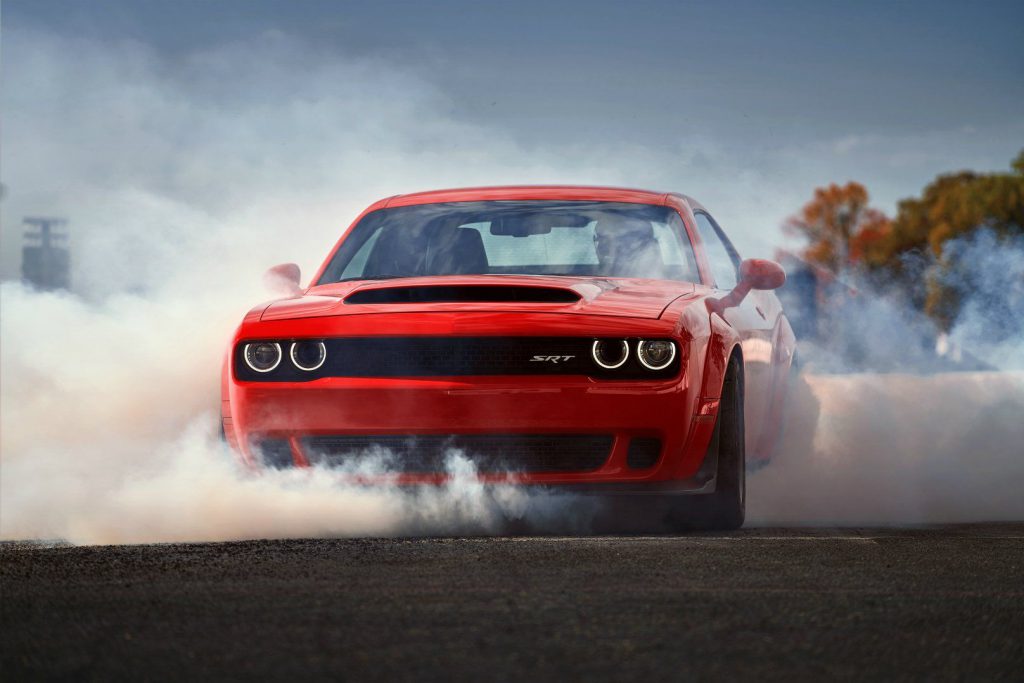
How Does Torque Work?
Now, for sure you already know “what is torque in cars”, let us show you how does torque work.
The very first use of torque is to make the car accelerate. The statistics usually given is the maximum torque of the internal-combustion engine at the crankshaft. More torque means that your car can accelerate faster in the initial phase movements when the car starts to pick up speed since the beginning.
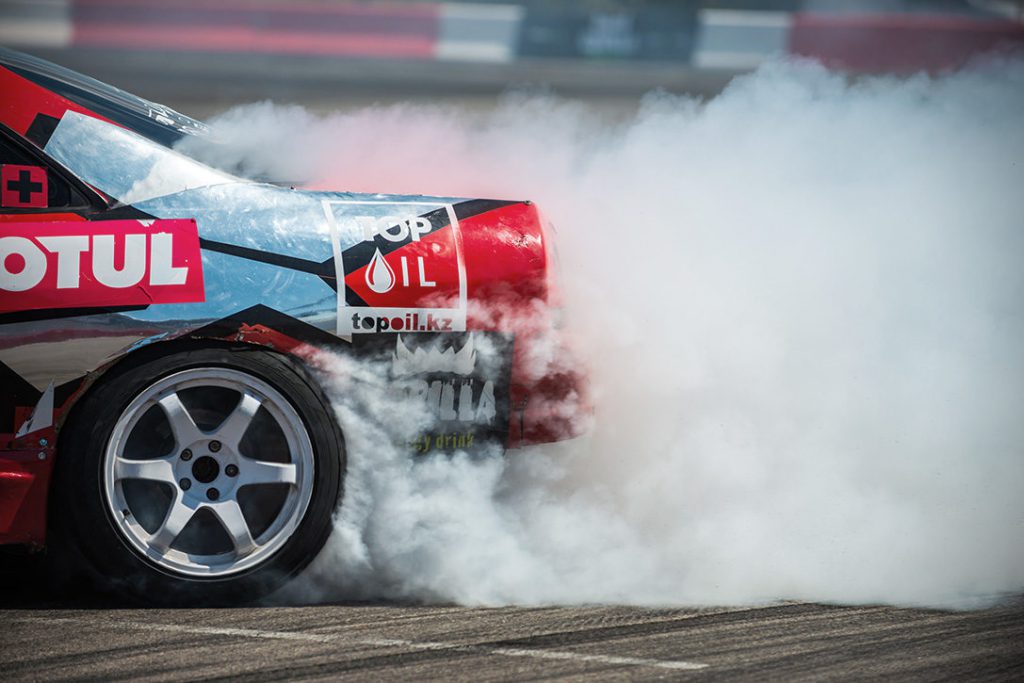
Torque is created by the pistons within an engine as they move up and down on the engine’s crankshaft, causing it to rotate continuously. This torque is then transferred to the vehicle’s wheels through the transmission and drivetrain.
Now that you know torque meaning in cars.
Torque And Horsepower
Every engine, gasoline or hybrid, produces an amount of both torque and horsepower. The two are related to each other, you can’t have one without the other and they have different ways to express the engine’s output. In fact, if you need to break it down mathematically, we have:
Horsepower = Torque x RPM ÷ 5252
This means that the higher torque motor a car has the more horsepower is generated at any given engine speed. However, there are not many high torque engines have rev that highly, so ultimate power figures are often weakened. In contrast, a high-revving petrol sports car may be produced to have lower torque but its extreme power delivery at high engine speeds allows it to go faster.
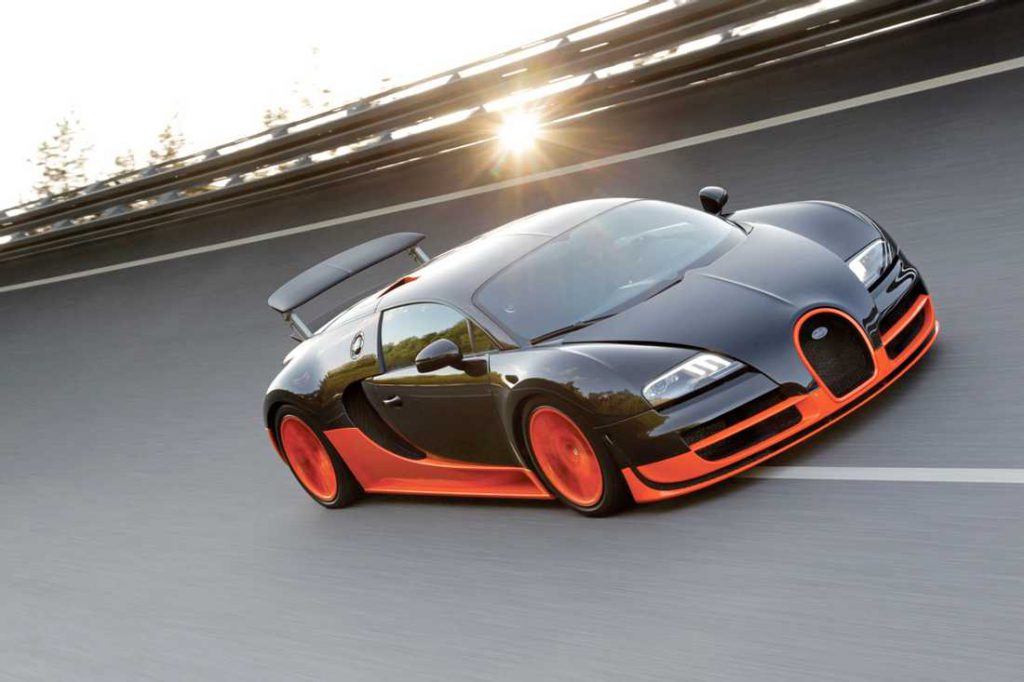
In other words, horsepower demonstrates the engine’s overall capability throughout all conditions. But what does torque mean in a car? Torque output represents the maximum output available from that engine, in a certain case when it’s doing its hardest work.
Now that you know what is torque in cars, find out more about related contents below.
SEE MORE:
- Horsepower Vs Torque: The Definitions And Differences
- How To Increase Horsepower – Tips For Better Car Performance
- What Differs Petrol Engines From Diesel Engines In Terms Of Horsepower, Torque, & Acceleration?
The Importance Of Torque
Besides knowing what is torque in a car, we also need to know the importance of it.
Not only torque is important for speed, torque is also important for heavier and larger cars. A small city car can easily go along with low torque, whereas a big SUV or a van needs more to make it begin moving or keep it cruising. This is why larger vehicles tend to use diesel engines as diesels offer more torque at lower revs than petrol engines.
Diesel and V-configured engines tend to generate more torque at lower revs than petrol engines. For example, engines with more torque can travel with greater ease at the same speed at lower revs, which makes your drive much smoother.
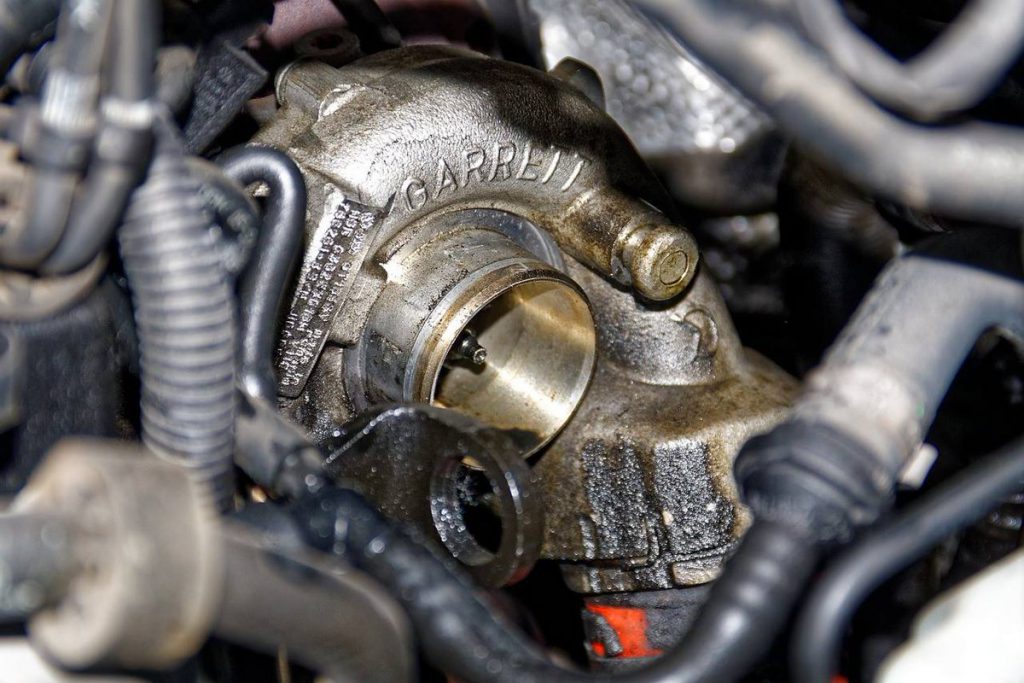
Choosing A Fast-Accelerated Car
If you are a person pursuing a smoother drive, not really into speed, you might want to look for a fast-accelerated car after knowing what is torque in cars. There are some details that you need to consider when choosing this kind of car.
- A lighter car: smaller cars will need lower power to accelerate and generate speed. Therefore, an average engine can possibly “turn” the car as well as provide decent speed.
- Tires and wheels with large diameter. Also try to get better tyres because sticky tyres that put the power on the ground would speed you up much quicker.
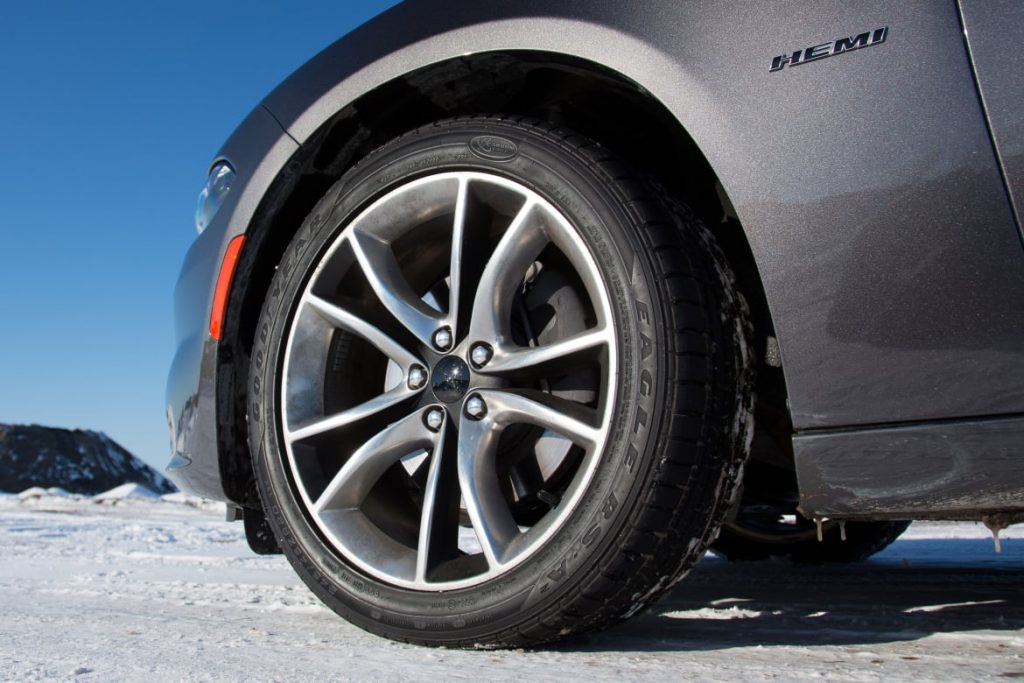
- More torque (for sure) – which plays an important role
- Lesser center-of-mass: The weight of the driven wheels helps force the tyres to the ground, increasing their traction. It’s not easy on a road car to transfer massive quantities of weight around your car, but when adding parts or removing parts, be aware of this fact and you can really make a difference.
- An engine with capability to output the maximal torque amount over a wider range of the speed of engine
I believe this combination is fair enough for choosing a fast-accelerated car. There are various choices in the market but keep in mind these advices, you can find your smooth car to hit the road.
Sum Up
The easiest way to answer the question “what is torque in cars” would be “the turning power”, which is related to horsepower and the acceleration of a car. Depending on the demand and needs, different combinations of torque and horsepower will bring you a different type of car. For now, after knowing the answer for that question, you can now discuss with your friend about cars in a new yet refreshing term of power.

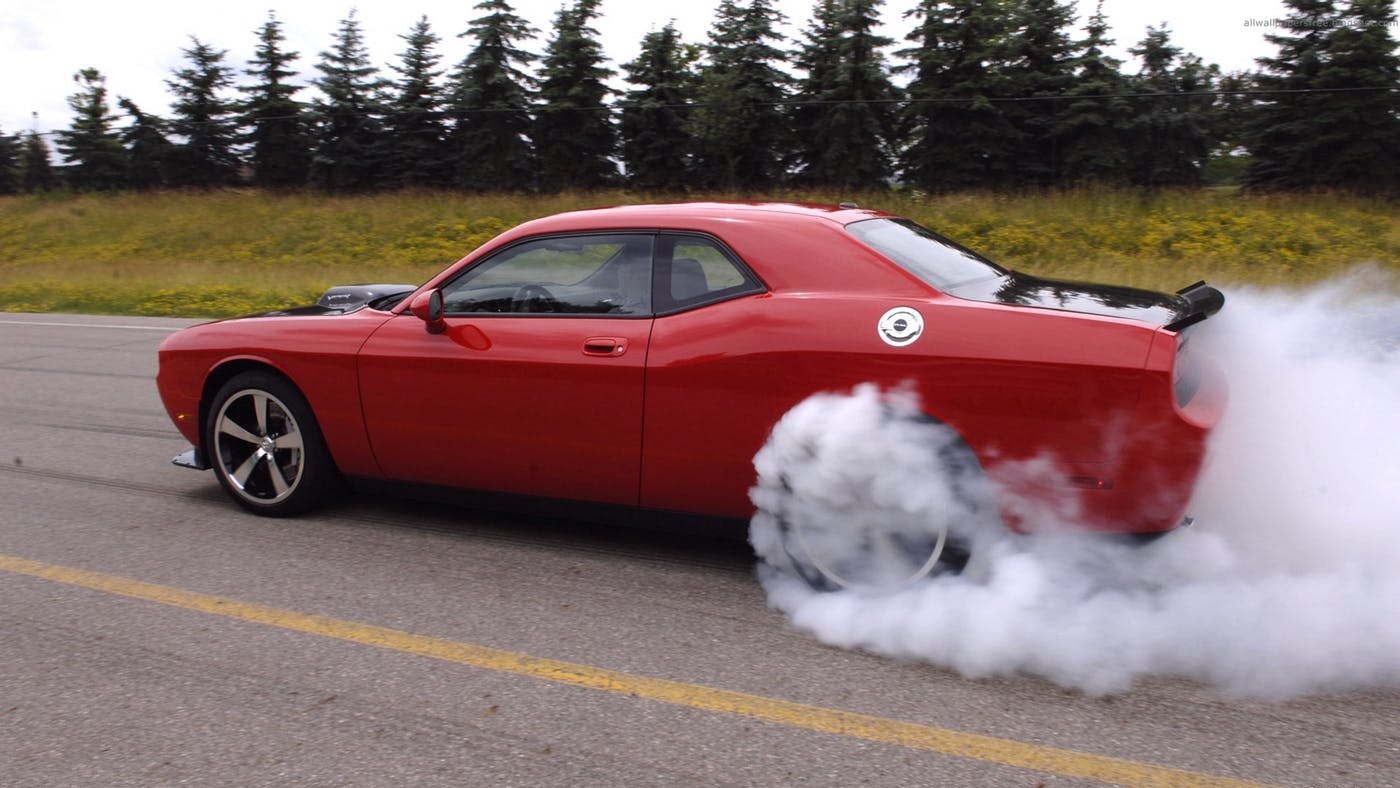


Not understood what you have said about the torque in the car.